- Gregg's Top Three Health Policy Articles
- Posts
- Gregg's Top Three Health Policy Articles
Gregg's Top Three Health Policy Articles
For the week of Oct 24-31, 2025
If you can only read three things about health policy this week, I suggest...
The Top Three...
The Hill: New ObamaCare Insurance Plan Rates For 2026 Are Now Public, Showing Big Increases The rates, pricing and other data for 2026 Affordable Care Act (ACA) insurance plans were publicly posted on the federal Healthcare.gov marketplace on Wednesday, just three days ahead of the start of open enrollment. The health research nonprofit KFF said the average increase in premiums for ACA plans will be 26 percent next year, based on data for “benchmark” silver plans, which are the midtier plans in each region that most people purchase and are used to set the subsidy amounts. But KFF found the amount that people pay for coverage is set to rise 114 percent on average because Congress has not extended the enhanced tax credits that help people afford insurance plans. (Weixel, 10/29)
The Hill: Speaker Mike Johnson: GOP Working On Republican Health Care Plan Amid Shutdown Speaker Mike Johnson (R-La.) on Monday said House Majority Leader Steve Scalise (R-La.) is working with the chairs of three House committees to compile a Republican health care plan as the government shutdown nears the one-month mark and Democrats demand action on expiring ObamaCare subsidies. “Republicans have been working on a fix for health care, we’ve been doing this for years,” Johnson said in a press conference on Monday when asked about the coming “health care cliff.” (Brooks, 10/27)
The Hill: Senate GOP, Democrats Looking For ‘Off Ramp’ To End Shutdown Next Week Senate Republicans and Democrats are trying to hammer out a proposal to end the 30-day government shutdown as soon as next week, as some centrist Democrats argue behind the scenes that their party has successfully highlighted rising health care costs and it’s time to end the stalemate. Shutdown fatigue on Capitol Hill is growing as the government stoppage approaches the one-month mark, and the pain is increasing. (Bolton, 10/30)
For a Deeper Dive...
The Hill: Dr. Mehmet Oz Minimizes Effect Of Tax Credit End On Affordable Care Act Rates Centers for Medicare and Medicaid Services (CMS) Administrator Mehmet Oz downplayed on Wednesday the likely substantial increase in the amount Americans will pay for health insurance on the Affordable Care Act’s (ACA) federal marketplace. When asked at a press conference about the lack of a deal in Congress to extend expiring enhanced tax credits, Oz said he thinks they should expire because they were only intended for a short term to help Americans through the COVID-19 pandemic. “I think we all agree that COVID has passed, so therefore COVID-era subsidies should also pass,” Oz said. (Weixel, 10/29)
The Hill: Many Voters Say Health Care Unaffordable, Are Open To New Insurance System: Poll New polling has found that the majority of voters say health care in the U.S. is unaffordable and are open to a health insurance system that doesn’t tie coverage to employment. Undue Medical Debt, a nonprofit that works to eliminate medical debt and supports policies to prevent new debt, sponsored the poll, which was led by the nonpartisan research firm PerryUndem. Along with a national survey, focus groups were also asked for their opinions on health care. (Choi, 10/27)
Roll Call: Democrats Seize On Food Stamp Funding As Latest Rallying Cry A funding lapse for food stamps, set to hit next week, became a new focus for Democrats on Wednesday as the partial government shutdown enters its fifth week with no resolution in sight. In a rare diversion from their single-minded focus on extending expiring health insurance subsidies, Senate Democrats introduced legislation to continue funding for the Supplemental Nutrition Assistance Program, or food stamps, during the shutdown. (Fulton, 10/29)
AP: Trump Administration Moves To Overrule State Laws Protecting Credit Reports From Medical Debt The Trump administration is moving to overrule any state laws that may protect consumers’ credit reports from medical debt and other debt issues. The Consumer Financial Protection Bureau has drafted what’s known as an interpretative rule related to the Fair Credit Reporting Act, interpreting the law in a way that says the FCRA should preempt any state laws or regulations when it comes to how debt should be reported to the credit bureaus like Experian, Equifax and Trans Union. (Sweet, 10/28)
ABC News: Surgeon General Nominee Casey Means Says She'll Focus On 'Healing And Prevention' Instead Of 'Overmedicalization' Dr. Casey Means, the wellness entrepreneur President Donald Trump nominated in May to be his surgeon general, will testify Thursday at her confirmation hearing that she would work to put "Americans back on the road toward wholeness and health," according to a copy of her prepared testimony obtained by ABC News. Means, whom Trump nominated in May to the position often referred to as America's top doctor, would be one of the last major health nominees to appear for a Senate hearing and confirmation vote. (Benadjaoud and McDuffie, 10/28)
The Hill: Medicare Staffing Raises Alarm With Open Enrollment Underway Health policy experts on Tuesday urged the Centers for Medicare and Medicaid Services (CMS) to boost staffing, noting that the government shutdown has only hindered services. This staffing shortage couldn’t have come at a worse time, as open enrollment for Medicare plans began earlier this month. (Anderson, 10/28)
Modern Healthcare: Some Republicans Back ACA Subsidies. Their Districts Explain Why Some rank-and-file congressional Republicans, especially those who anticipate challenging reelections next year, have broken with party leadership by calling for an extension of the enhanced health insurance exchange subsidies that expire at the end of the year. GOP leaders such as House Speaker Mike Johnson (La.) have shown no signs they will give in to Democratic demands that the subsidies be renewed as part of a deal to end the government shutdown that started Oct. 1. More than two dozen Republican lawmakers have publicly expressed support for some form of extension. (McAuliff, 10/28)
CIDRAP: Quality Of Decisions Made By CDC Vaccine Advisers Has Nose-Dived, Former Voting Members Say An independent review of recent decisions made by the US Centers for Disease Control and Prevention's (CDC's) Advisory Committee on Immunization Practices reveals that its policymaking maturity rating fell from an overall score of 100% to 58% from April to September this year. "Since 1964, the Advisory Committee on Immunization Practices (ACIP) has shaped US vaccine policy but recently underwent significant structural and procedural changes affecting recommendation quality," the authors wrote. (Van Beusekom, 10/24)
KFF Health News: The Quiet Collapse Of America’s Reproductive Health Safety Net In late October, Maine Family Planning announced three rural clinics in northern Maine would close by month’s end. These primary care and reproductive health clinics served about 800 patients, many uninsured or on Medicaid. “People don’t realize how much these clinics hold together the local health system until they’re gone,” said George Hill, the group’s president and CEO. “For thousands of patients, that was their doctor, their lab, and their lifeline.” (Gounder, 10/30)
NPR: A Health Insurance ‘Death Spiral’ Looms If Young People Drop Out As Prices Spike Chloe Chalakani has a lot at stake in the health care fight at the heart of the government shutdown. Chalakani runs a small culinary business with her partner in the coastal town of Thomaston, Maine. As temperatures drop and the height of her busy tourist season winds down, she's hitting her list of fall administrative tasks, including health insurance enrollment. She uses CoverME.gov, the Affordable Care Act marketplace in Maine, also known as Obamacare. (Simmons-Duffin, 10/26)
For the Visual Among Us...
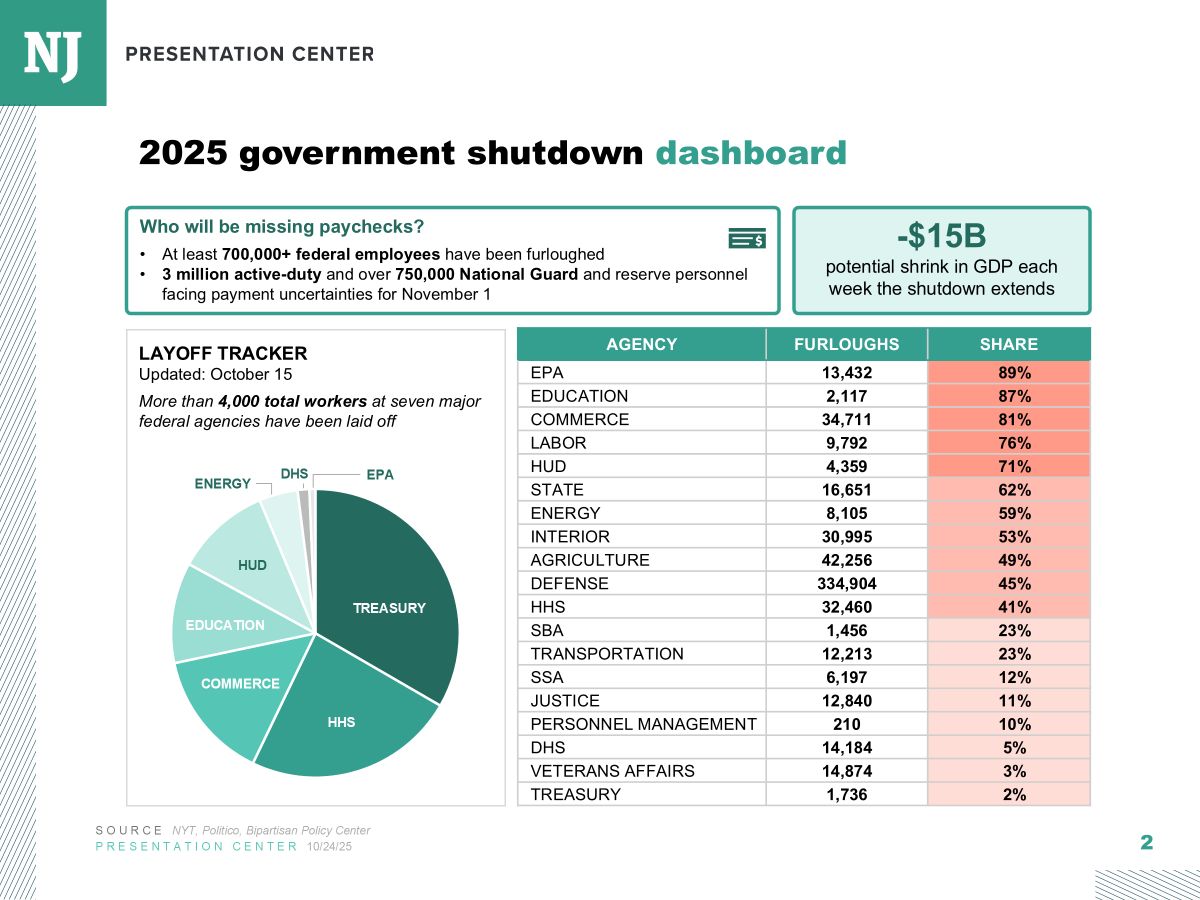
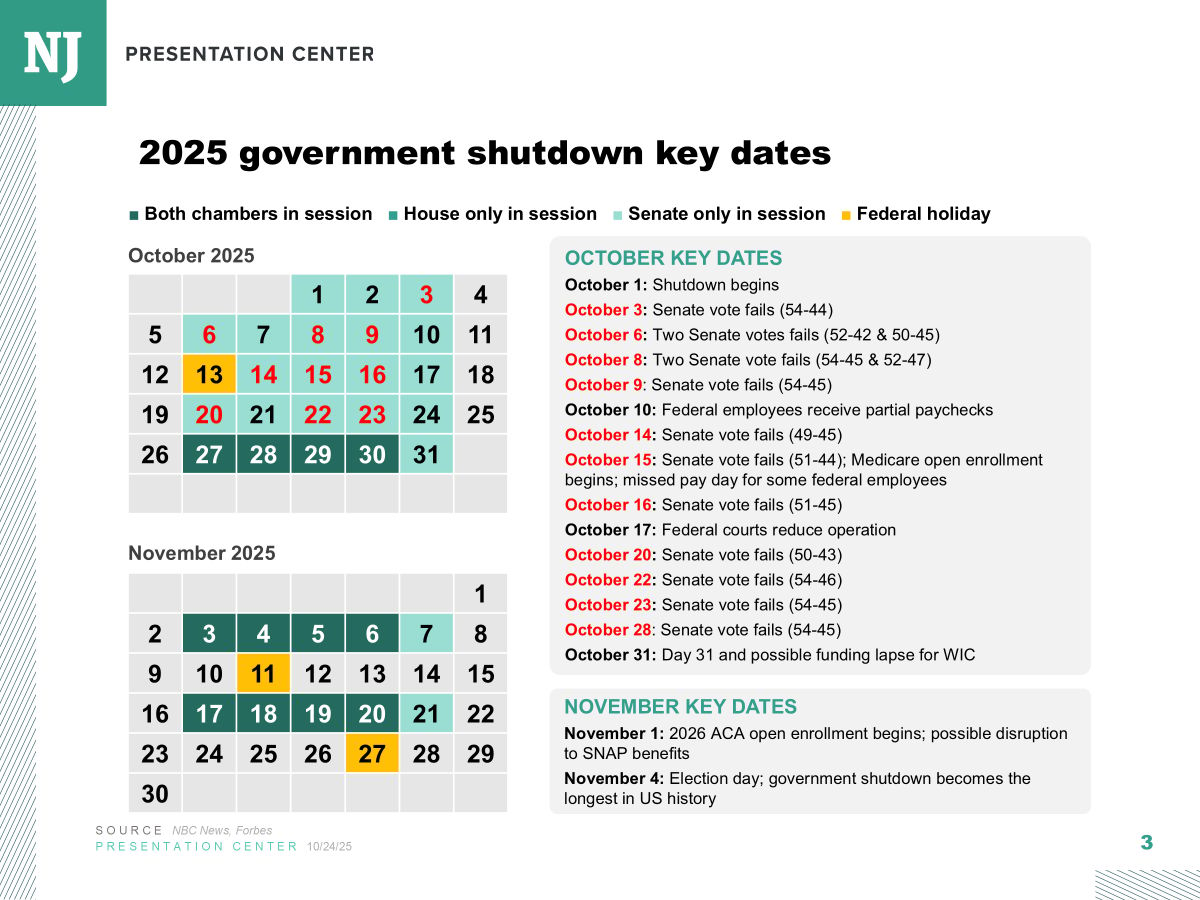
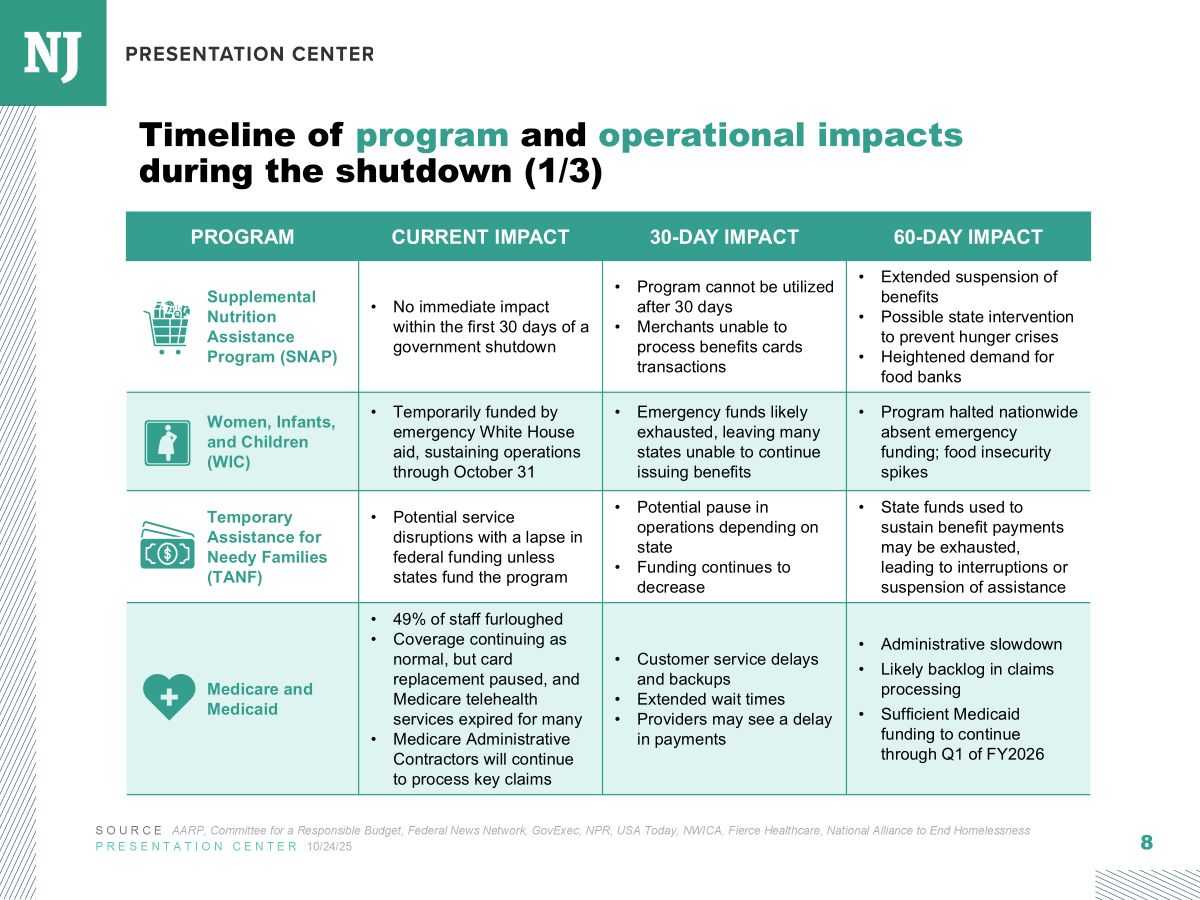
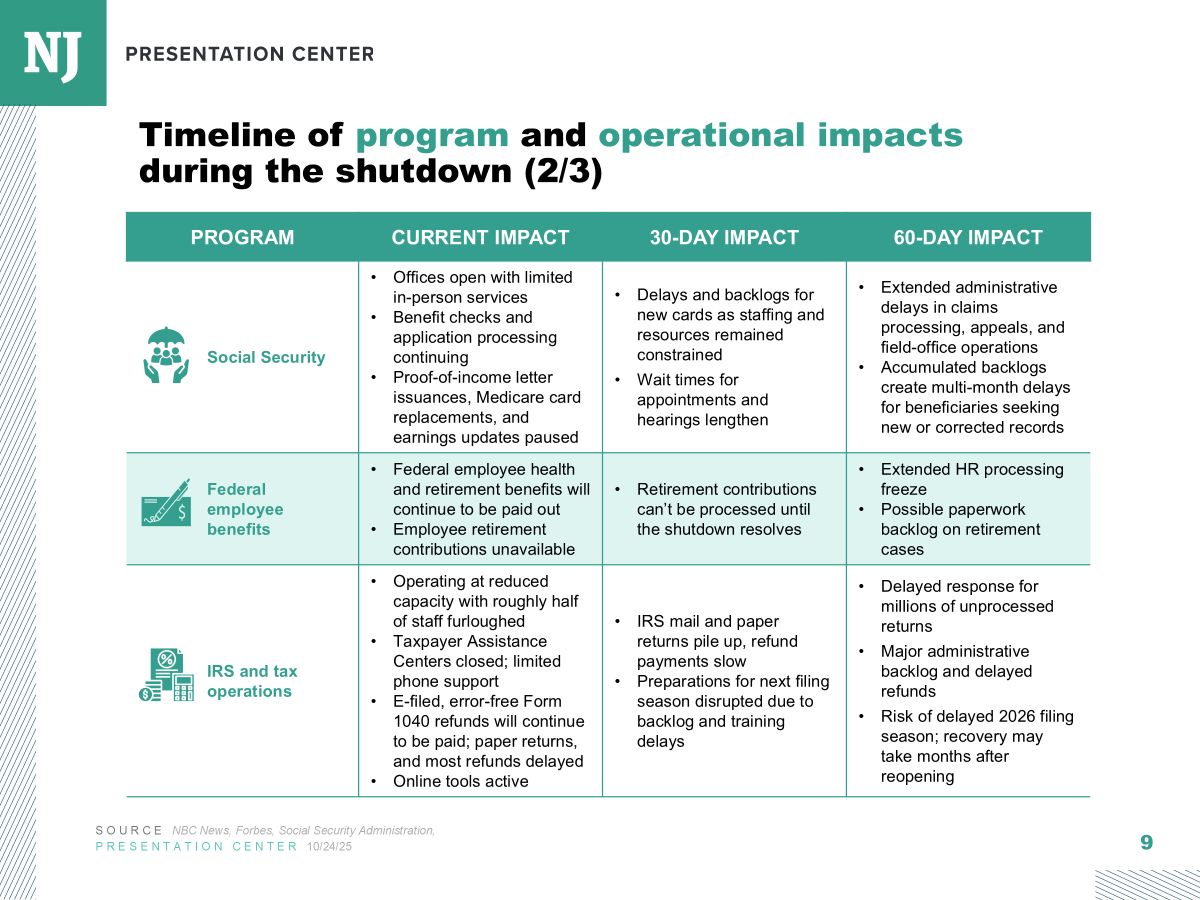
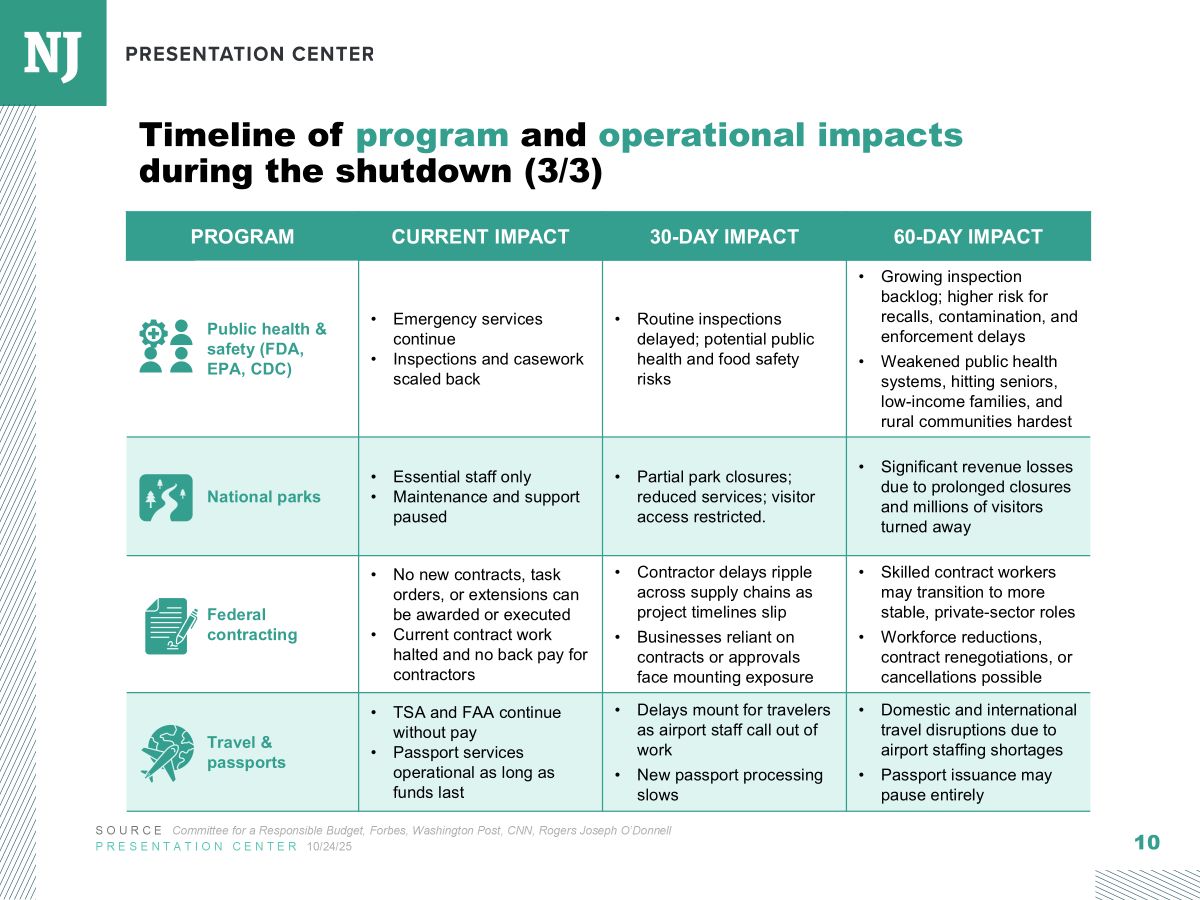
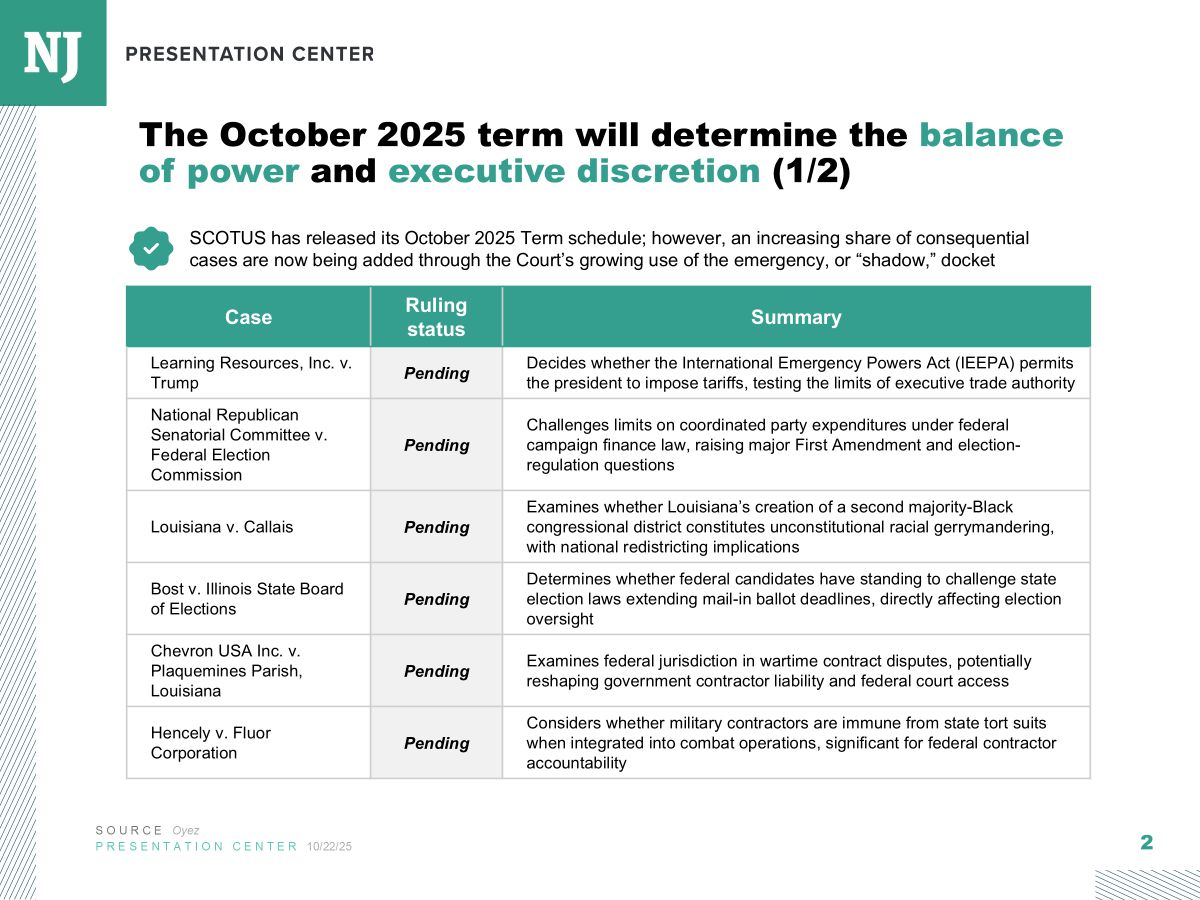
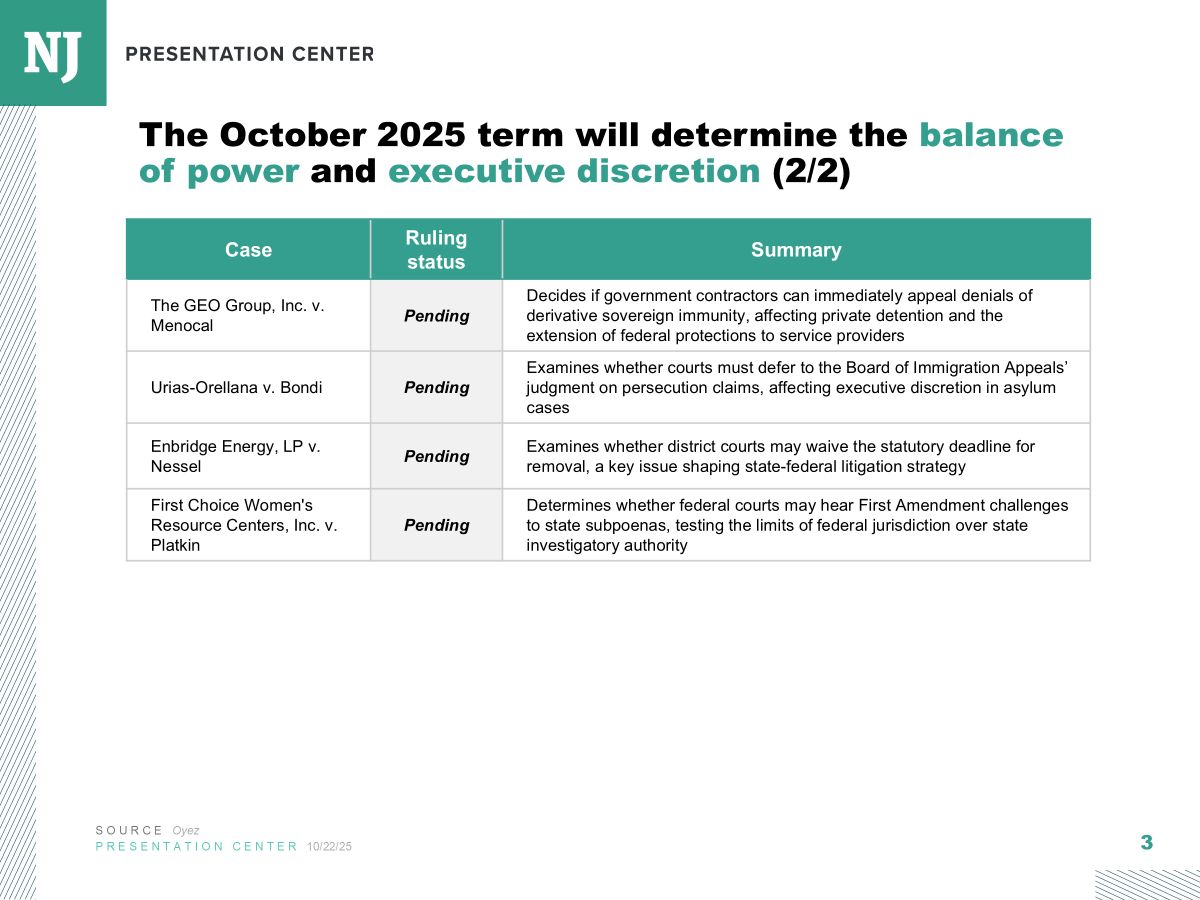
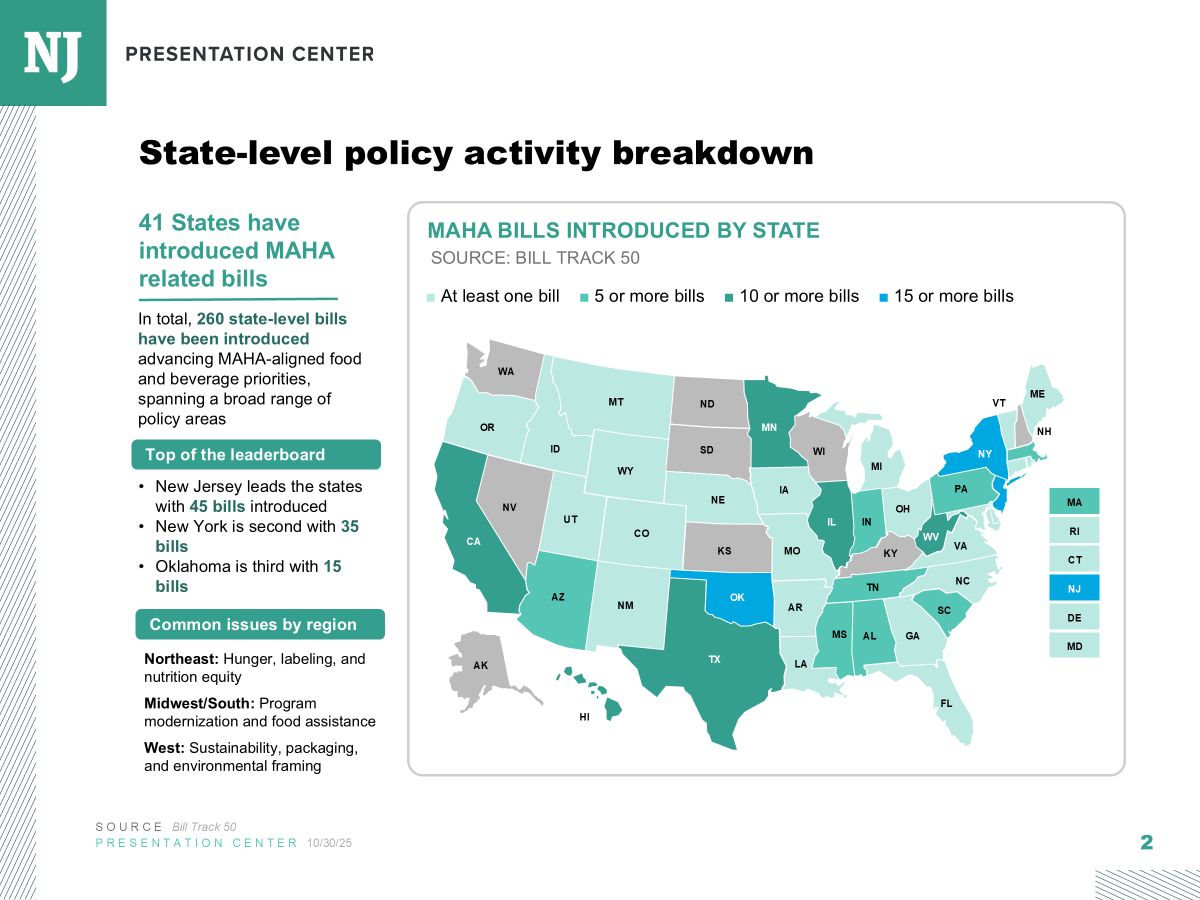
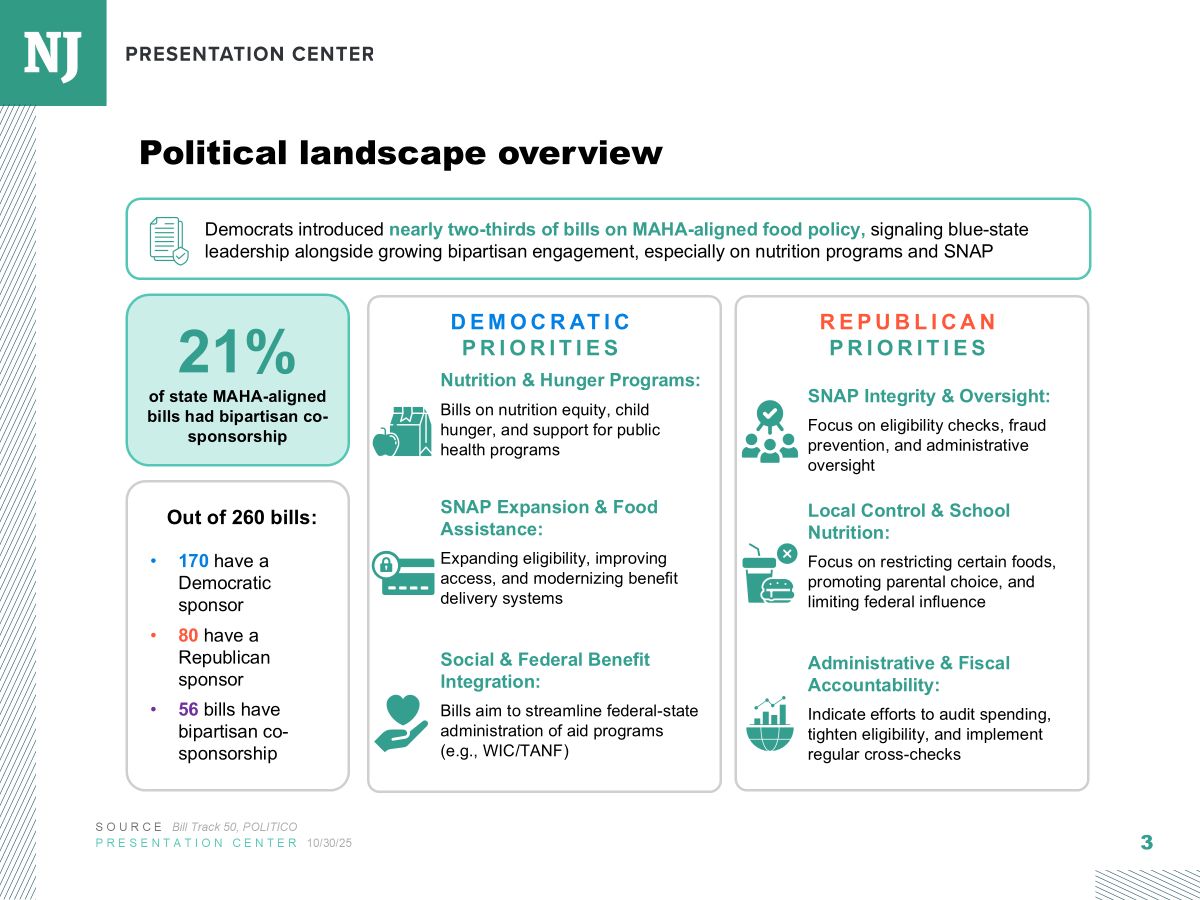
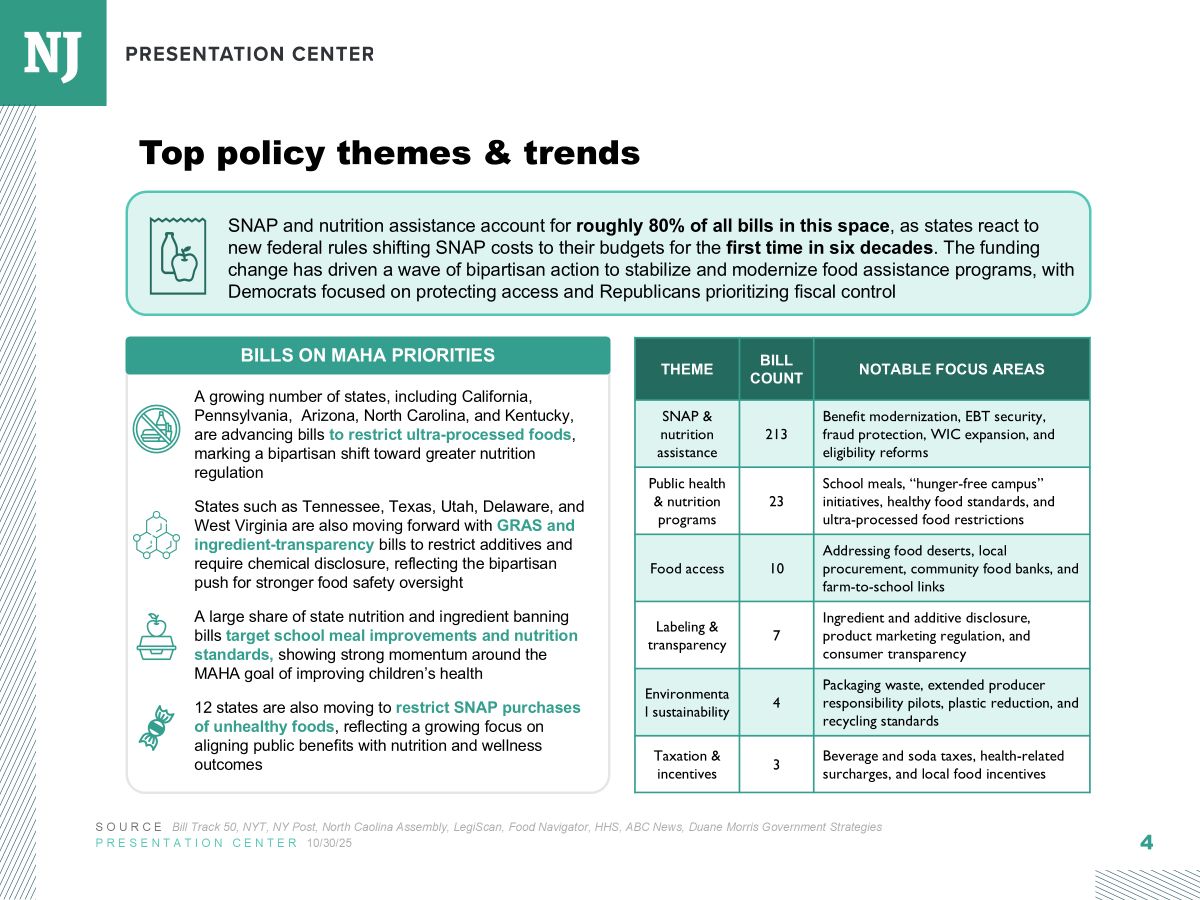
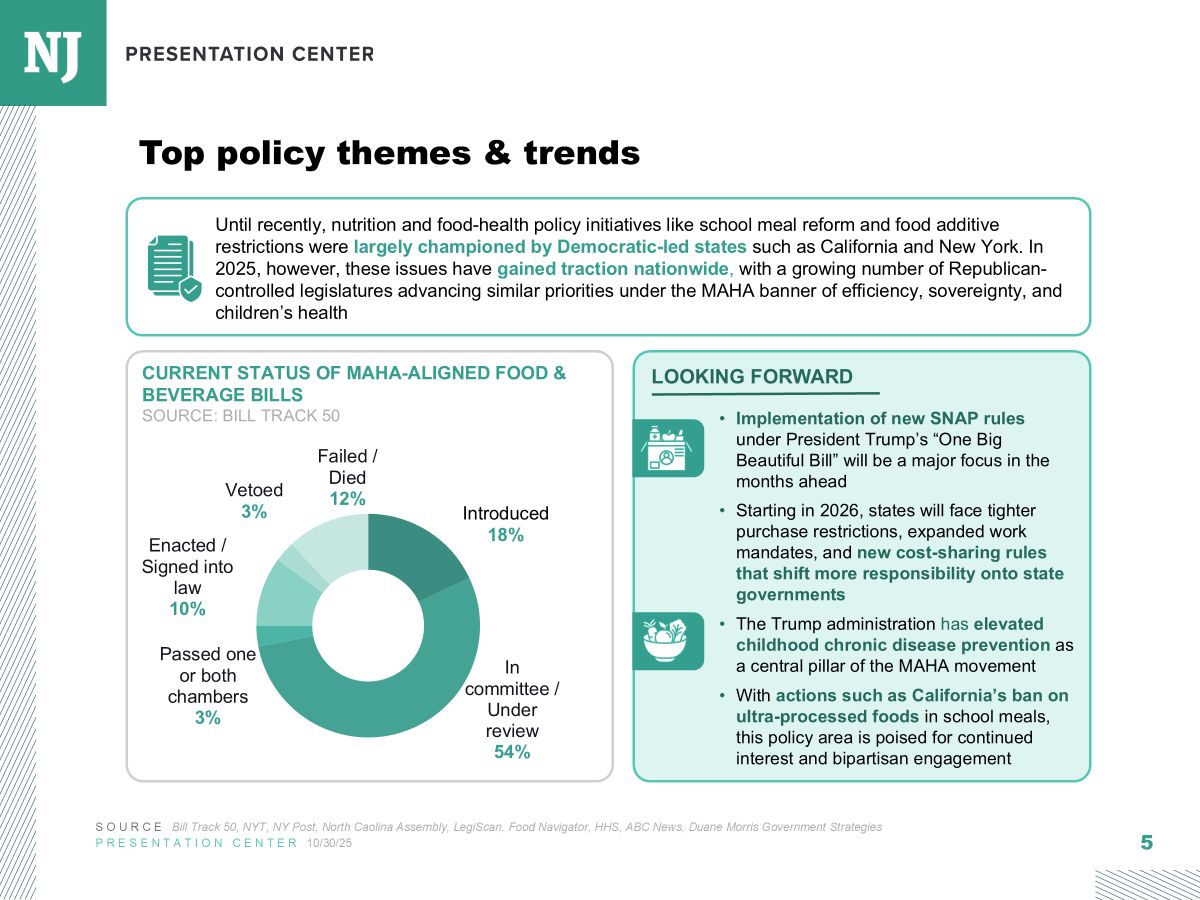
A few years ago I started a weekly e-mail for friends and colleagues who want to keep up on major federal health policy developments but did not have time to plod through all the minutiae--they were busy doing important things like running organizations and taking care of patients! Much to my surprise, it became pretty popular. I have now converted to a weekly newsletter format so you can manage your own subscription preferences and forward to others that might be interested.
These summaries represent my judgement on health policy issues that may not on the front pages, but are relevant to clinicians, administrators, and educators. I monitor many news sources and clipping services to identify content for this newsletter and I try hard to be as factual, balanced, and non-partisan as possible. While the articles are written by others (with credit attributed), the choice of what to include is entirely mine. If you are interested in receiving a daily summary of health policy news, you might consider signing up for the KHN Morning Briefing. If you enjoy podcasts, I suggest What the Health? and Tradeoffs.
-Gregg S. Margolis, PhD